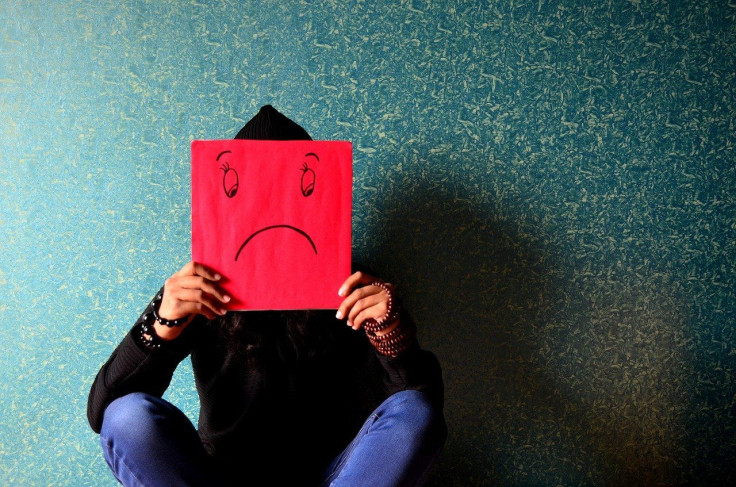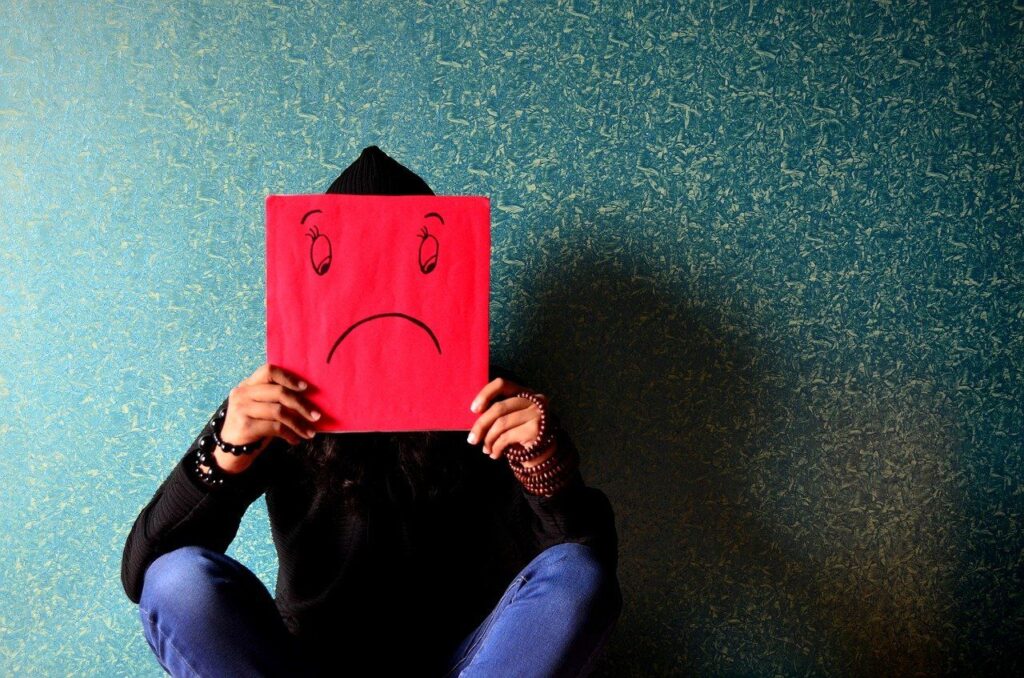KEY POINTS
Women are sometimes excluded in research due to “ovarian hormone fluctuation”The researchers detected fluctuations in the emotions of men and womenThey found “little-to-no differences” between the men and women’s emotional fluctuations
There’s a widely held belief saying women are more emotional than men. There’s no truth to it, according to a new study.
Women have typically been thought of as being more emotional and, historically, have even been excluded from participating in research, the authors of a study, published in the journal Scientific Reports, wrote. This exclusion, the researchers explained, is partly because of the belief that their “ovarian hormone fluctuations” can cause variations, including in their emotions “that could not be experimentally controlled.”
Furthermore, there are also certain biases in how people look at men and women’s emotions.
“For instance, a man whose emotions fluctuate during a sporting event is described as ‘passionate,'” the University of Michigan (U-M) noted in a news release, citing study senior author Adriene Beltz. “But a woman whose emotions change due to any event, even if provoked, is considered ‘irrational.'”
But is there a basis for these beliefs and biases?
For their study, the researchers looked at 142 men and women over the course of 75 days, U-M noted. The women were further categorized into four groups, one of which included naturally cycling women while the three others were composed of women taking different types of oral contraceptives for at least three months.
Every day at 5:00 p.m., the participants were sent a unique link to a 20-minute online survey that they were instructed to complete after 8:00 p.m. or before going to bed. In these assessments, they completed the Positive and Negative Affect Schedule PANAS, wherein they rated the extent to which they experienced 10 positive and 10 negative emotions throughout the last 24 hours on a scale of 1 (very slightly/not at all) to 5 (extremely).
After looking at the participants’ emotional fluctuations in three different ways, the researchers found “little evidence for sex differences.”
“We also didn’t find meaningful differences between the groups of women, making clear that emotional highs and lows are due to many influences — not only hormones,” Beltz said in the news release.
“Thus, there is little indication that ovarian hormones influence affective variability in women to a greater extent than the biopsychosocial factors that influence daily emotion in men,” the researchers wrote, adding that men and women’s daily emotions fluctuate “to similar extents.”
According to the researchers, this shows that men and women actually have “similar levels of affective variability,” or as U-M put it, they “ride the same emotional rollercoaster.” The mechanisms behind them between the sexes, however, may “systematically” differ.
“Our study uniquely provides psychological data to show that the justifications for excluding women in the first place (because fluctuating ovarian hormones, and consequently emotions, confounded experiments) were misguided,” Beltz said.

Pictured: Representational image.
Pixabay

